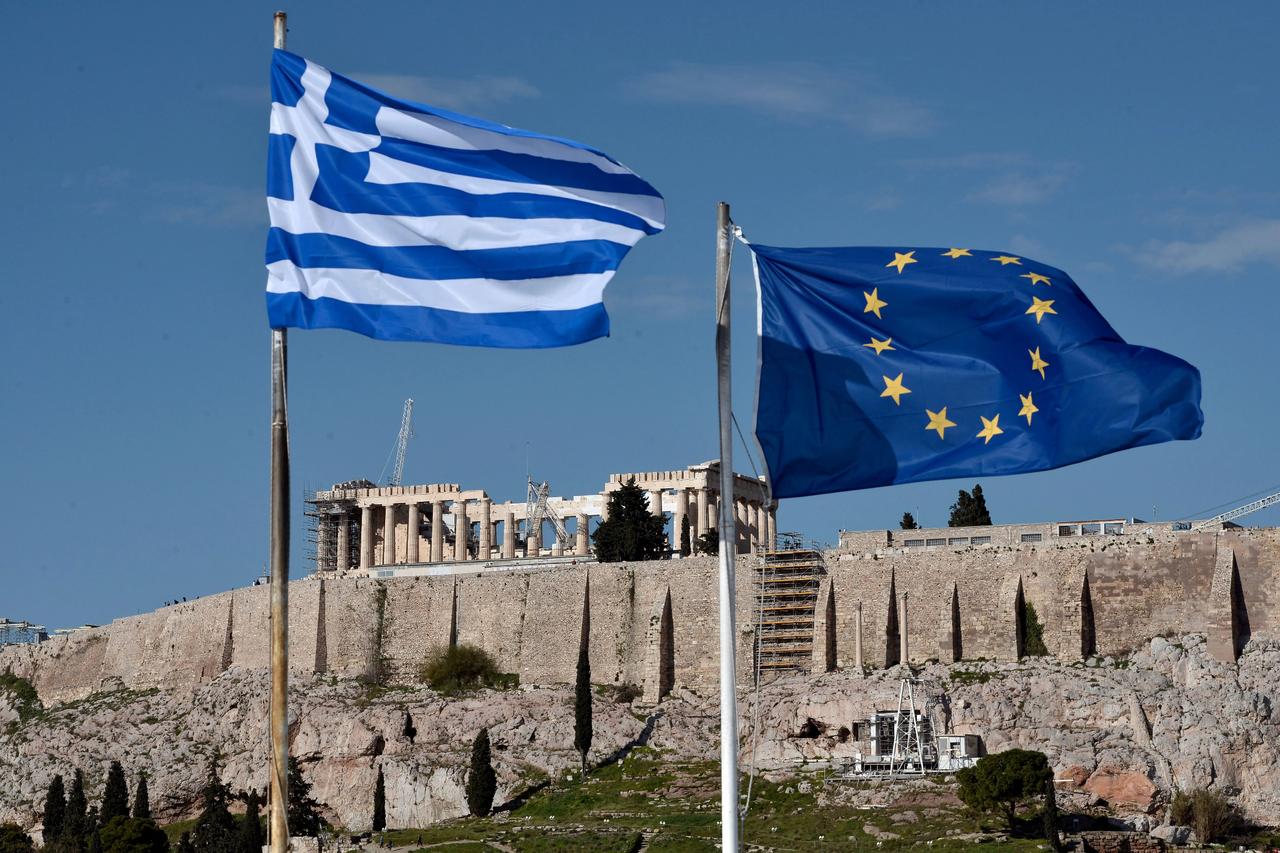
Foreign Minister Hakan Fidan said late Saturday that no Greek political authority possesses the legitimacy needed to resolve issues with Türkiye, highlighting persistent tensions between the two neighbors and the unique diplomatic role of President Recep Tayyip Erdogan.
Speaking on a live television program, Ulke TV, Fidan addressed regional diplomacy and Greece-Türkiye relations, saying, "No political legitimacy in Greece is strong enough to end the problems with Türkiye."
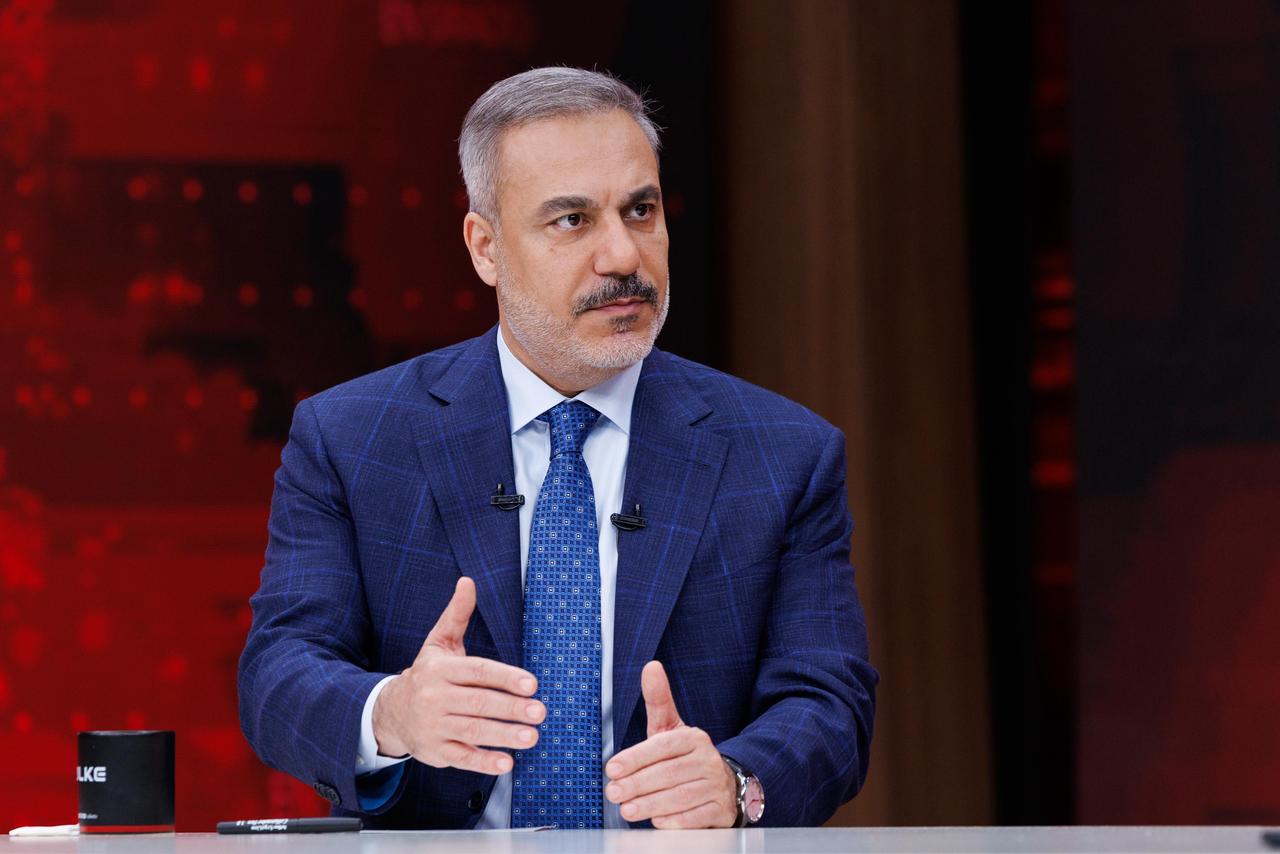
FM Fidan criticized how Greek politics exploits anti-Türkiye messaging as a distraction from domestic issues, saying, "Greek politics is fed by an anti-Türkiye stance.
If there is a corruption case at home, immediately play a Türkiye card. If there's a domestic mistake and protests start, bring Türkiye to the agenda."
He called on Greek policymakers to move beyond this approach. "I want to speak to them from here: Turks and Greeks are ancient peoples of the region. We need to get out of this impasse. The future awaits us. Let us sit down and civilizedly discuss our existing problems."
"If you continue to produce a language of threats, Türkiye already produces ten times that. There's no need for this. Let's not base our politics on this," Fidan added.
He acknowledged that Greek politicians face internal pressures.
"Frankly, politics is being constructed based on Türkiye's enmity. People there are forced to say certain things to defend themselves. But when this rhetoric turns into action, we monitor it closely."
"Neither European initiatives against Türkiye nor our efforts in the Eastern Mediterranean escape our attention," he added.
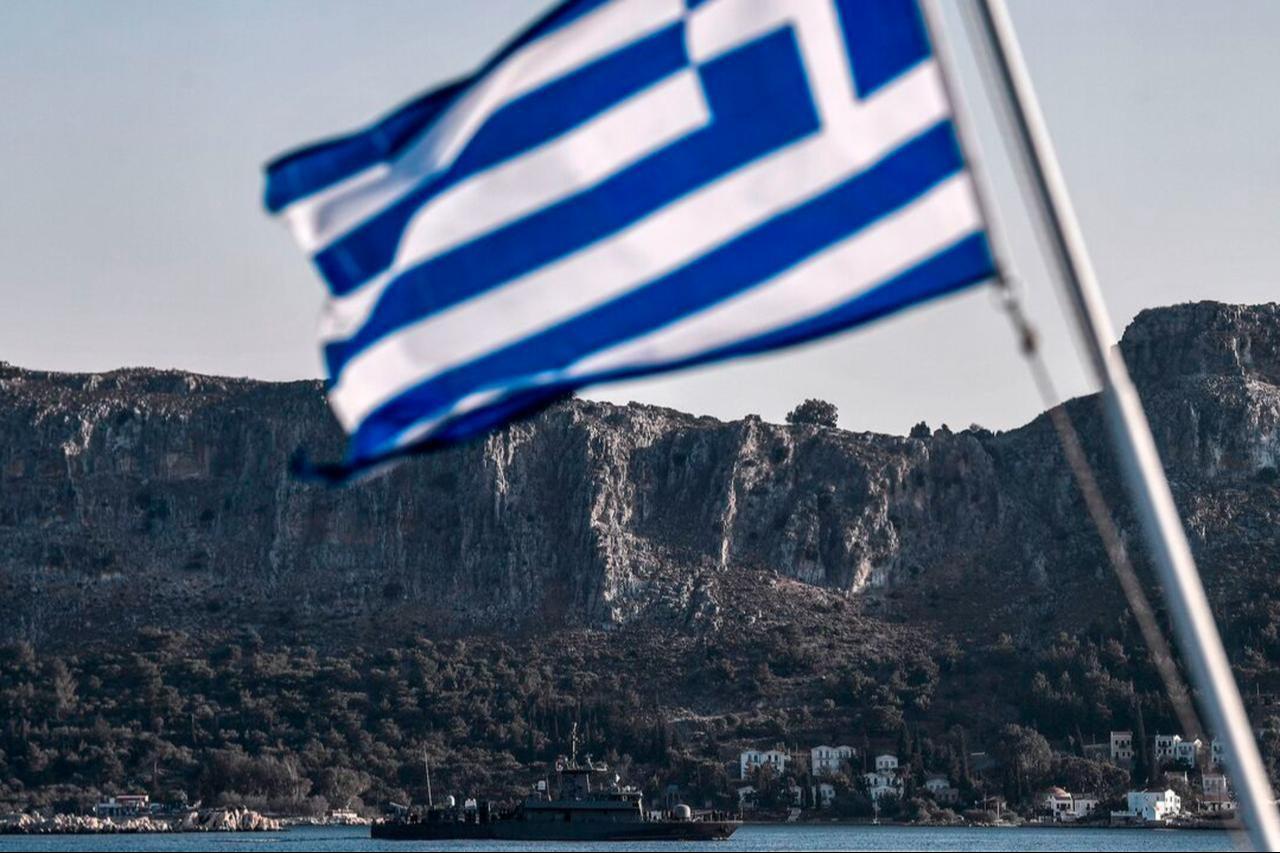
Fidan criticized Greece's exclusion of Türkiye from the European Union's European Security Action Program, also known as SAFE.
"It is noteworthy that Greece's Prime Minister (Kyriakos Mitsotakis) proudly told his Parliament how they would not include Türkiye in the SAFE Program. It is something that should be noted with concern."
"Europe's security system has been hijacked by one or two countries like Greece. These countries have nothing to do with Europe's security," Fidan stated.
He referenced historical precedent, noting that "Greece withdrew from NATO's military pact in 1974 and returned in 1980. Türkiye accepted this at the time. It could have rejected it."
Fidan expressed hope for Greek maturity on the issue.
"We expect Greece to show the same maturity with Türkiye. On Monday (Oct. 20), there will be an EU Ministers Council meeting in Luxembourg. We're invited. Hopefully, we'll go. There, our Greek colleague requested a meeting. Frankly, I don't think our counterparts in Greece are very satisfied with this situation," the Turkish minister added.
Talking about Cyprus, Fidan raised serious concerns about Israeli military activities and weapons procurement by the Greek Cypriot Administration (GCA).
"Israel's activities in Greek Cyprus are on our radar. We've brought this to the international agenda, especially after the Gaza war began in various ways," he said.
"Cyprus became one of the few countries hosting genocide in Gaza. Now they're trying to fix this image by turning logistics into air operations. Hopefully, it will be an atonement for their sins by doing humanitarian aid things now. But Cyprus, you know, the shield aircraft stationed there caused many Palestinians to lose their lives," Fidan noted.
He emphasized concerns about the military buildup, saying, "The Greek Cypriot Administration has taken weapons from Israel. This militarization psychology also carries the risk of leading them to the wrong move. There is such a joint effort, and we see this joint effort."
"We have made our warnings and records in this regard to the necessary international bodies," Fidan stated.
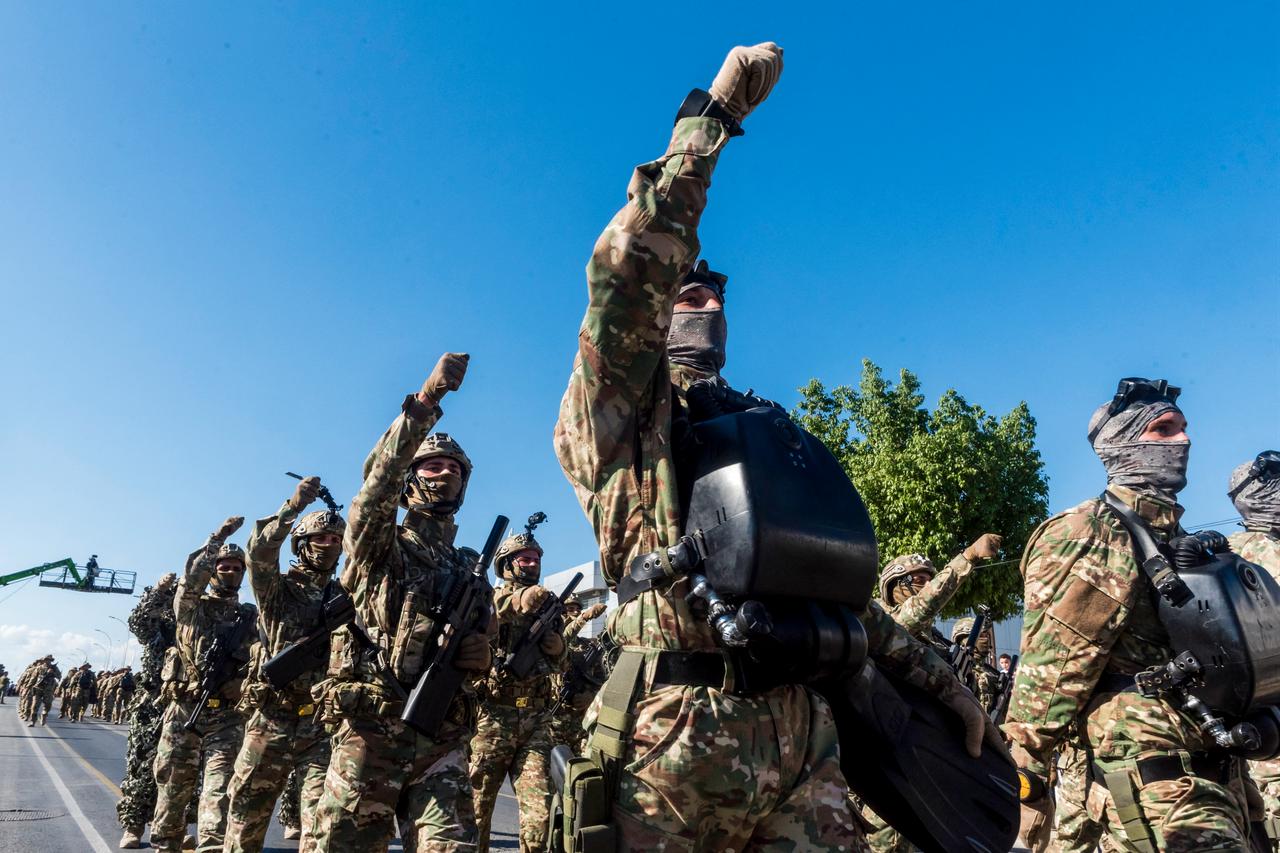
The Turkish Foreign Minister also emphasized that Erdogan remains the only figure with sufficient political credibility to address bilateral issues, saying: "The only person with the political legitimacy to solve Türkiye-Greece and Türkiye-Cyprus problems is our president. I say this with political realism."
"Greeks know this, Cypriots know this, everyone knows this," he added.
He stressed that without Erdogan's leadership, regional progress would not be possible, noting, "If there had been no President Erdogan's leadership, positive processes in the region, including Gaza and Syria, would not have progressed as they have."
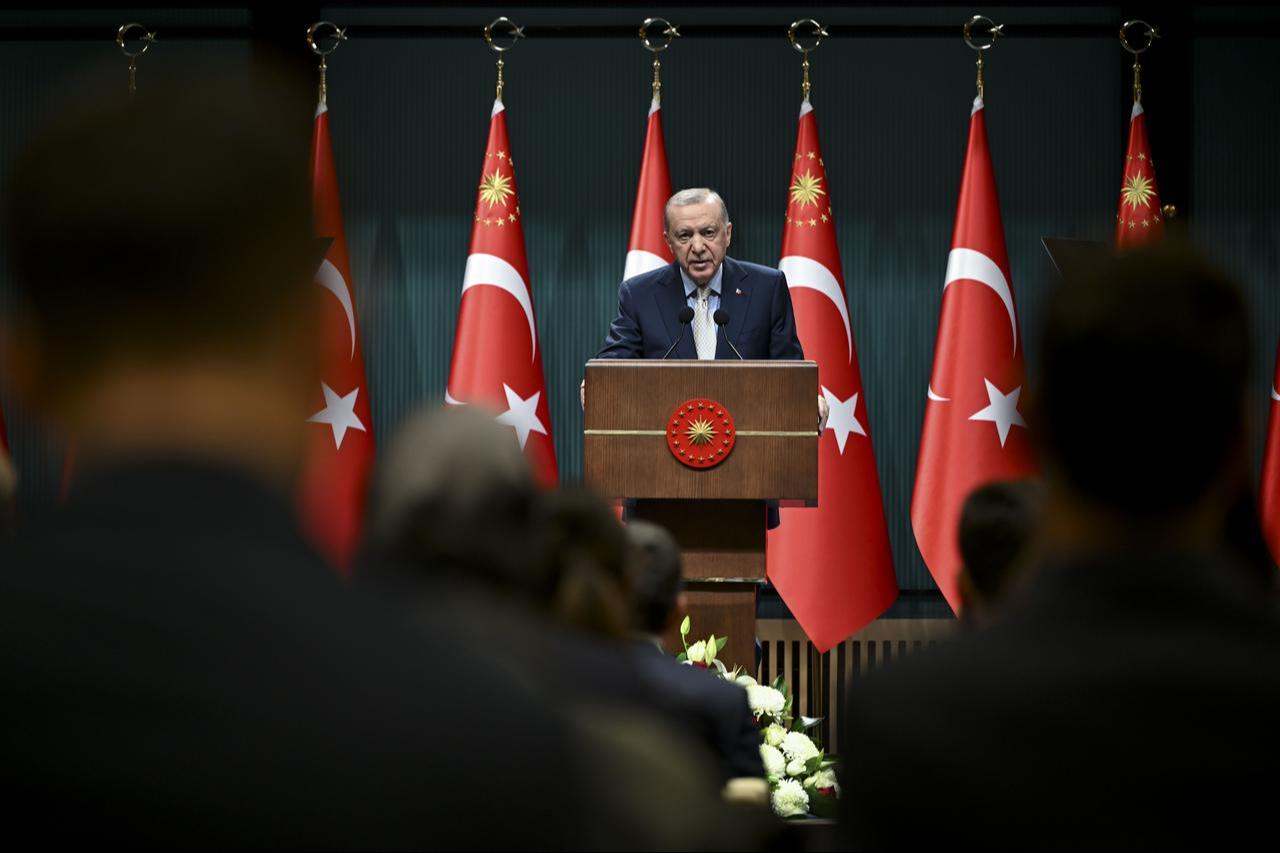
On Türkiye's role in Ukraine peace efforts, Fidan said, "You know we hosted three rounds of talks. In these talks we hosted, very detailed issues were discussed. The details of prisoner exchanges and other operational disagreements were discussed in depth."
"Many concrete steps were taken: prisoners were exchanged, wounded were exchanged, missing persons were found, children were found, and so on. Many issues saw progress. There are places where no steps were taken."
He explained the complexity of peace negotiations, saying, "The parties discussed with each other, both directly and implicitly, describing their positions: what do they need for a final ceasefire? What are their positions? What are their limits? They negotiated some things without naming it."
On military readiness during peace talks, Fidan noted, "The rule of war is always to be prepared for the worst scenario until you are sure of the other side's intentions. What is this? More preparation for war, more attacks, more destruction. When both sides do the same thing, what happens? You face a more destructive war."
He highlighted the importance of internal support for agreements, stating: "Now there are actors within each country to whom they must account, or there are issues that are informally a condition even if not formally required when agreeing. Your military, your intelligence—people must accept this."
On the need for a balanced approach, Fidan stated: "The parties should be in both war and peace as much as they are in war. President Erdogan called President Trump on the day he was elected. He said two things. Russia-Ukraine and Gaza. We have come with this insistence every time. Later, the Syria issue came into play. Our cooperation there."
"Thank Allah, things are going better. But he always kept this issue on the agenda. President Trump's relationship with him—from day one, the President made these two problems, and later Syria, the first agenda items," Fidan concluded.